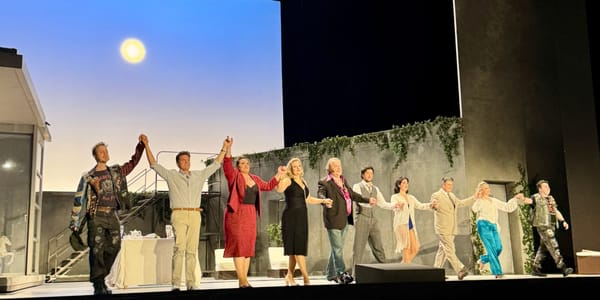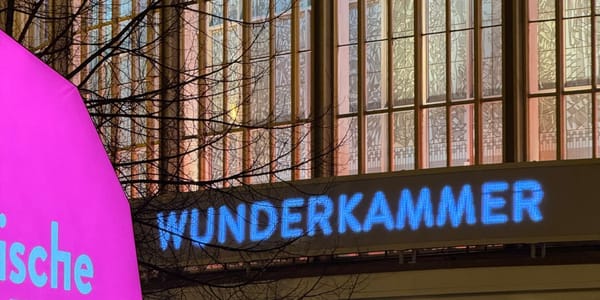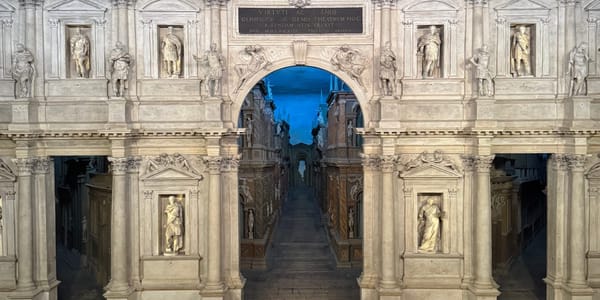Mahler 2 at Elbphilharmonie with the Budapest Festival Orchestra
Mahler’s Resurrection soared under Iván Fischer—an overwhelming, soul-stirring performance that left the Elbphilharmonie on its feet in awe.
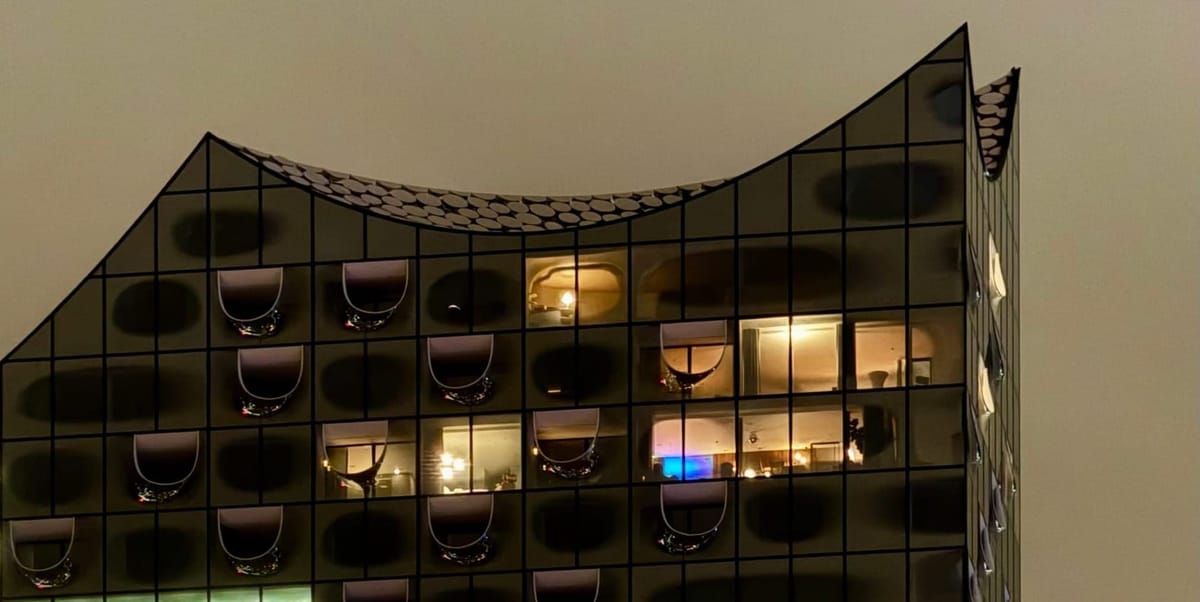
🎻 Iván Fischer, Budapest Festival Orchestra, Carl-Philipp-Emanuel-Bach-Chor
🎙️ Christiane Karg, Anna Lucia Richter
🎶 Gustav Mahler, 1895
🏛️ Elbphilharmonie Hamburg
🗓️ 27.05.2025
“DEIN IST, WAS DU GESEHNT! DEIN, WAS DU GELIEBT, WAS DU GESTRITTEN!”
I don’t believe I’ve ever walked into a concert so unaware of what I would be hearing—and been so overjoyed by the reveal. What I knew: Iván Fischer, the Budapest Festival Orchestra, and the Elbphilharmonie. A fine evening on paper, surely. But not until I was riding the elevator up to the Plaza did I glimpse into the program online and see the word: Auferstehung. While I might not have jumped with joy (there were others in the very quiet elevator), I'm not exaggerating when I say my heart grew three times its size. Mahler’s Resurrection Symphony is one of my absolute favorite works in the classical canon, and only this year had I heard it live for the first time. That was with the DSO under Robin Ticciati—wonderful in its own right. But this evening was something else.
This symphony is a moment. A mountainous, all-consuming event. And the glory of live performance is the way it reveals new textures in familiar terrain. Different orchestras, different conductors, different voices—all illuminate different corners of the score. Under Fischer’s command, what I heard was a symphony that drew my attention to parts I’d never listened to quite so closely. The celli in the first movement, for instance—unexpectedly forward, rich and restless. Or the percussion in the fifth, which became its own character entirely.
In fact, if there was a standout force of the evening, it might have indeed been the percussion section. Fischer masterfully stretched those long, suspended snare drum rolls—twice!—to the brink of discomfort. That almost unbearable tension hung in the air, and then… the brass shattered it with a triumphant, heart-shaking release. It was architectural, almost ritualistic—the way the orchestra shaped silence into sound and back again.
And what can one say about the fifth movement? For me, it’s the archetype of the slow build—an ever-tightening spiral of motifs and emotion that ultimately bursts into transcendence. The way Mahler weaves voices into the orchestral fabric is nothing short of miraculous. That final choral entry—somewhere between a whisper and a revelation—snuck in as if from another world. Haunting. Soul-wrenching. Holy. If you follow this blog, you'll know how much I love opera—so it should come to no surprise that my top moments of Mahler 2 all involve the human voice. Mahler seems to write for voices not as soloists perched atop an orchestral backdrop, but as organic extensions of the orchestra itself. They shimmer out of the texture, ethereal and inevitable.
A word, too, on the audience: the concentration in the Elbphilharmonie was remarkable. During the quietest passages, you could’ve heard a pin drop (aside from the inevitable stray cough—we will never fully conquer that old nemesis). Sure, there were a few moments of confusion—a few claps when Fischer stepped back onto the podium after being offstage for five minutes after the first movement (as Mahler apparently insisted on), and again when the soloists entered mid-performance. But none of it broke the spell. Several people I spoke to afterward remarked on it: that near-sacred attention we all held for nearly ninety minutes.
And when the dam finally burst—when the finale roared in full throttle, organ and all—it felt like my whole body wanted to scream. Not out of pain or ecstasy, exactly, but something more primal. Something unnamable. Of course, in a concert hall, we translate those urges into standing ovations, into wild applause. And so we did. As the echoes of the final chord still hung in the air, two thousand people were on their feet, roaring their joy into the rafters. Mahler in the Elbphilharmonie, brought to stunning life by Fischer and his orchestra—what a summit. What a night.
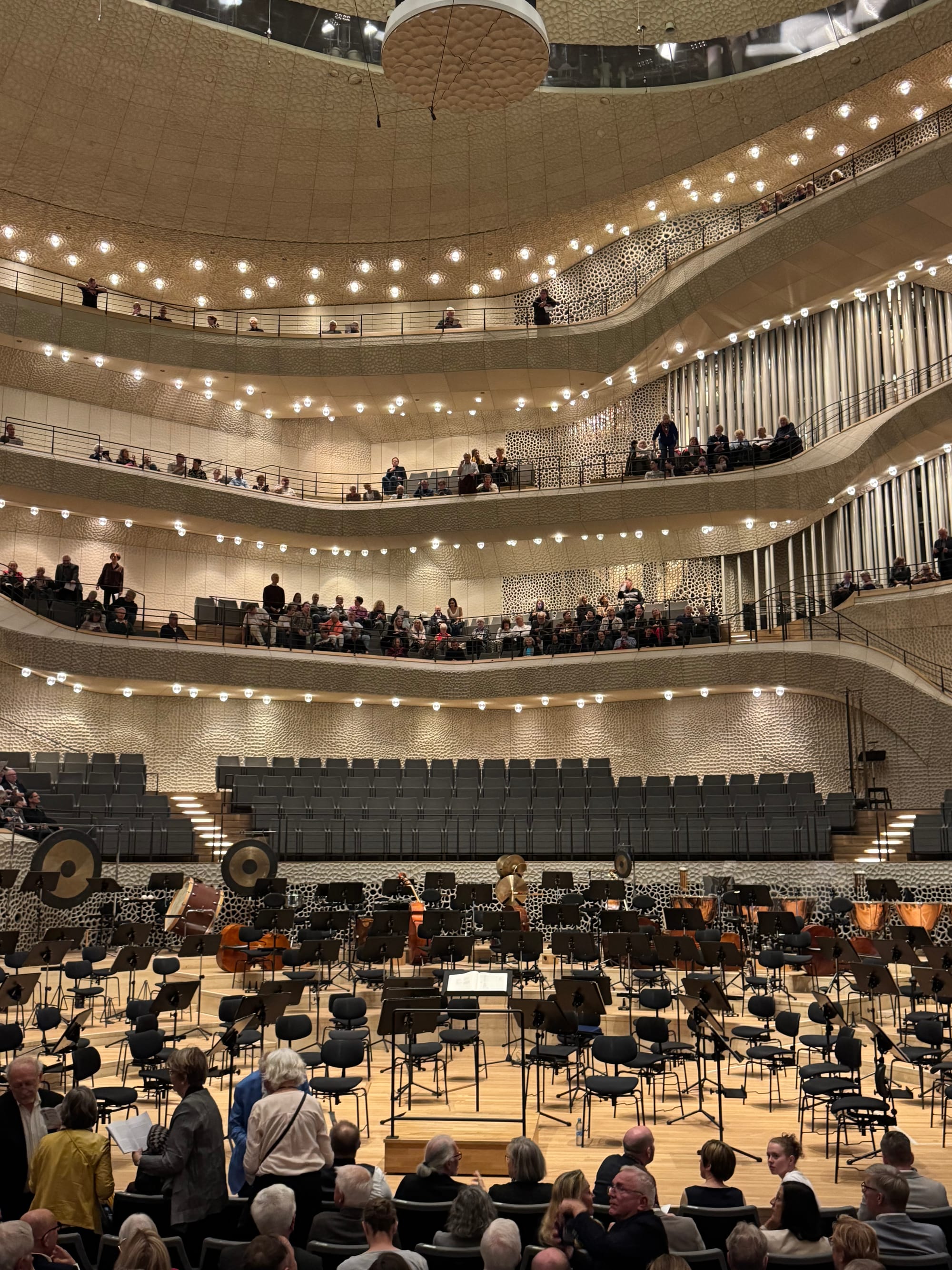
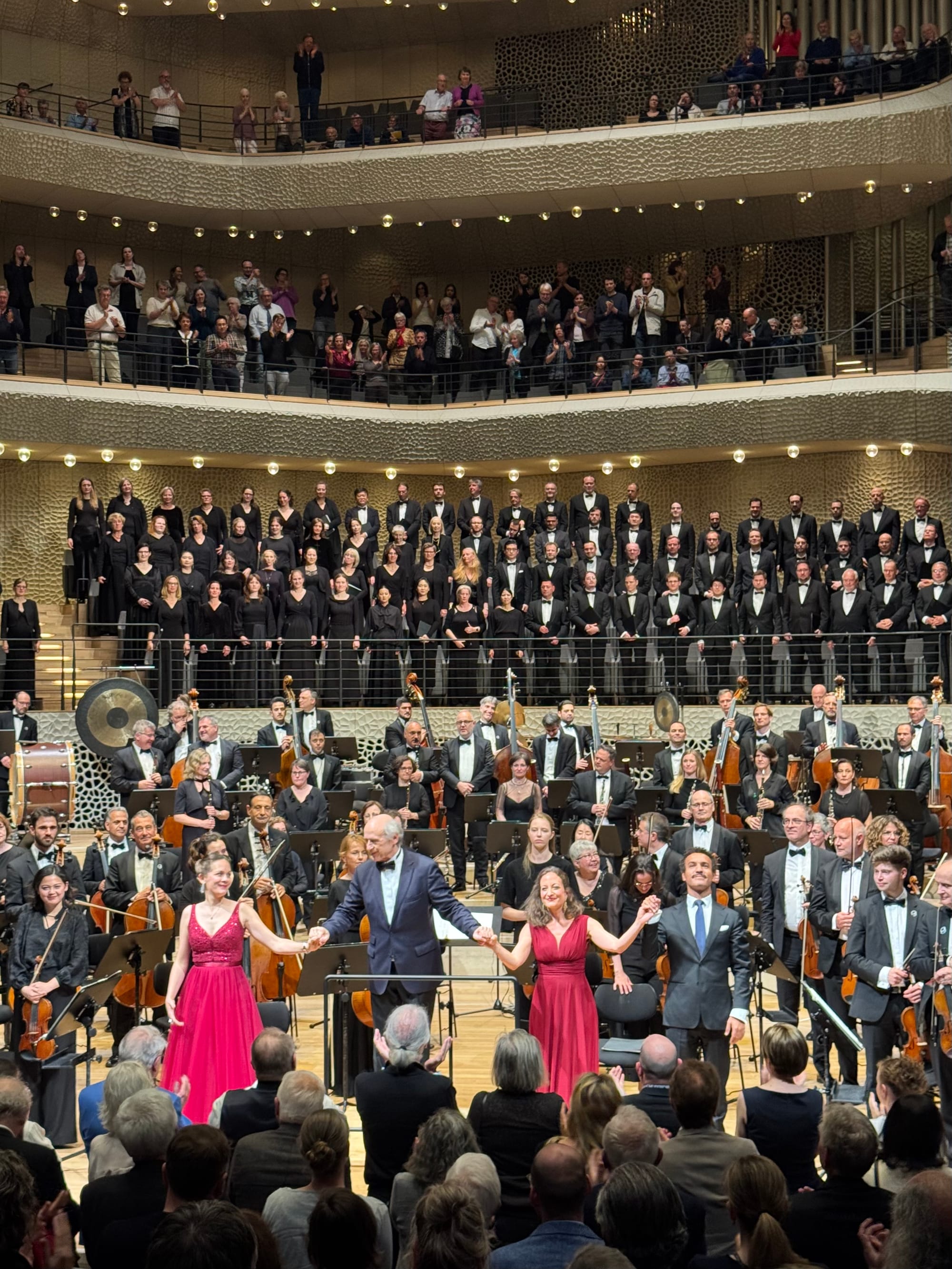
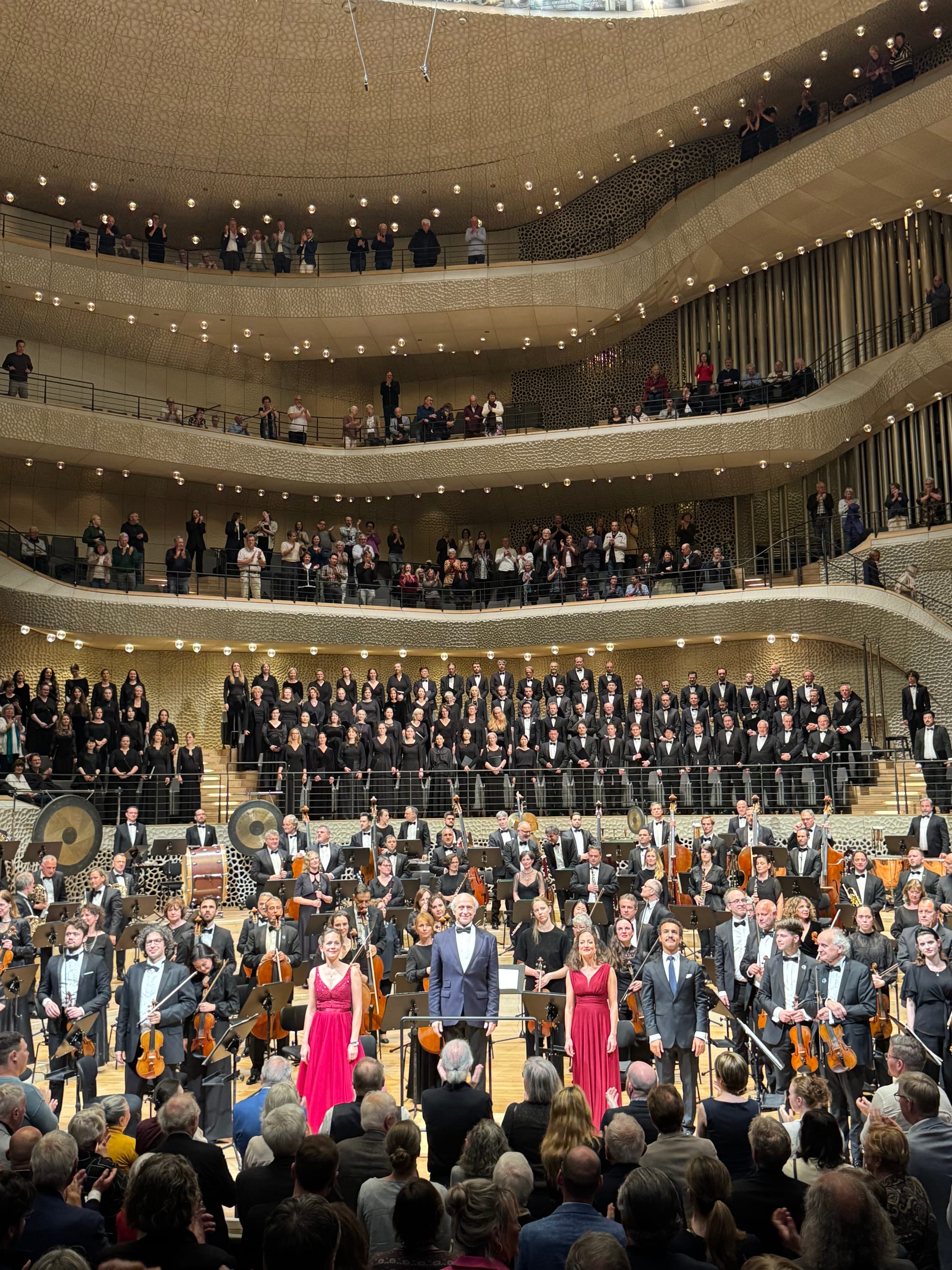
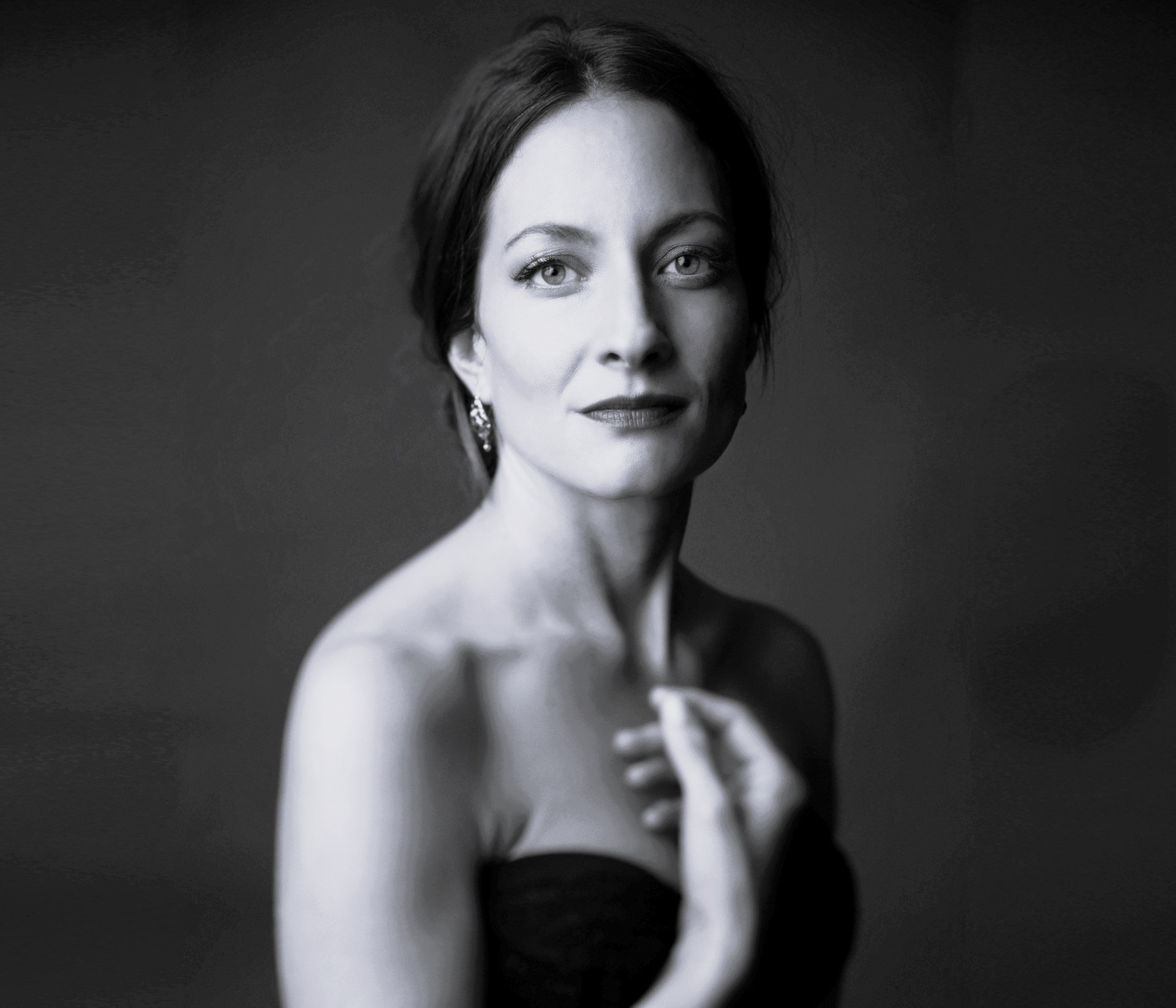
Performers
Budapest Festival Orchestra
Carl-Philipp-Emanuel-Bach-Chor Hamburg
Christiane Karg soprano
Anna Lucia Richter mezzo-soprano
Iván Fischer conductor


